Mo’s series finale deftly depicts a real-life tragedy
"A Call From God" is a moving, bittersweet, and occasionally joyous love letter to Palestine.
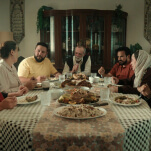
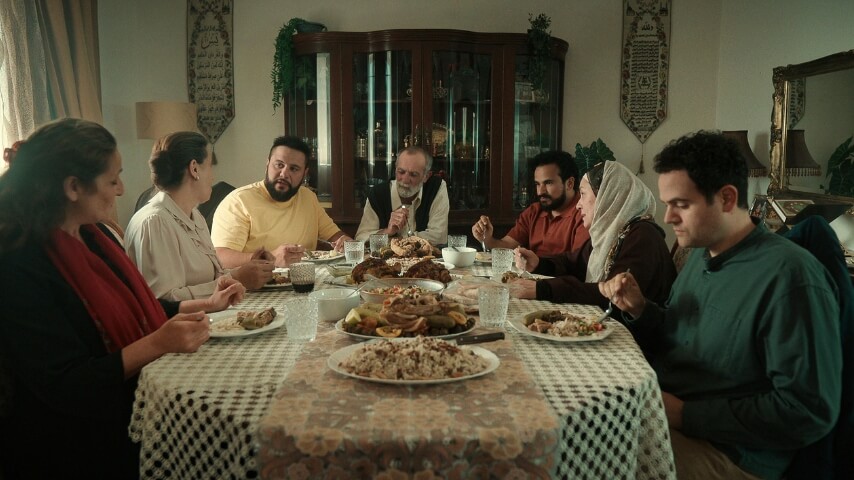
One of many affecting scenes in Mo’s second-season finale occurs when Mo Najjar (played by series co-creator Mohammed Amer) recites the evening prayer at a mosque. His cousin nudges him to do it as a way to answer “a call from God”—the episode’s title—so Mo surrenders to his faith and walks up to the mic. He serenely sings in Arabic as the camera shows his face and then, briefly, the town of Burin where he is. Mo is visiting his native land in the West Bank almost 22 years after being forced to flee with his family when he was a child. The finale follows his homecoming and is a beautiful love letter to his culture, ancestors, and religion. But it’s also extremely bittersweet.
A rare TV show centering on a Palestinian American, Mo doesn’t shy away from political issues. It tackles the U.S.’s vexing immigration policies that have taken an emotional toll on the Najjars, who are seeking asylum. Much of the series is lifted from Amer’s experiences growing up in Houston as a refugee, hustling at odd jobs while trying to provide for his loved ones. Amer and co-creator Ramy Youssef (who worked together on Hulu’s Ramy) depict these stories with wit and, more importantly, sensitivity.
Israel’s occupation of Palestinian territory is a recurring topic in season two—early on, Mo corrects an ambassador for calling it a “conflict” that implies both sides are equal. Episode seven sees Mo’s mother Yusra (Farah Bseiso) express sorrow over Israel destroying a school in the Palestinian city of Yatta. His sister, Nadia (Cherien Dabis), scolds her for doomscrolling. “We owe it to them by watching at least,” Yusra says. “And we owe it to them to live too,” Nadia replies. “They’re not going to erase us, no matter how hard they try.”
“A Call From God” revels in the joyful parts of the their Burin trip for most of its runtime. The Najjar family goes to olive farms, eats cozy meals with close relatives, discovers heirlooms, rides horses, laughs, harmonizes, and reminisces about Mo’s deceased father. Amer and his team want us to know the people living there are more than their suffering. But the finale doesn’t lose sight of the harsh on-the-ground reality, shown here through the family’s interactions with the Israeli military. The episode’s writers—Amer, Youssef, and Harris Danow—are able to nail this balance while still tossing in a bit of magical realism, with Mo having vivid dreams about peace, a key, and his grandparents.
Of course, Mo is not the only prominent American series to break new ground with its Palestine-Israel depiction. Ramy season three filmed episodes in Israel’s Haifa when Ramy Hassan (Youssef) went to the West Bank and East Jerusalem for a work opportunity. It’s an arc that, while filled with comically uncomfortable moments brought on by the lead character’s misguidedness, felt pivotal to witness in 2022, the same year Mo debuted. And back in 2017, Prime Video’s Transparent took the Pfeffermans to Israel, showing Ali (Gaby Hoffman) learning about the human-rights crisis in the West Bank.
Yet Mo’s ending feels more urgent and has a pointed takeaway. It gives global audiences a personal perspective on the region and its history beyond what they see on the news, offering glimpses into the day-to-day lives of the Najjars’ extended family. That it all ends on October 6, 2023, with Yusra, Mo, and his brother Sameer (Omar Elba) returning to Texas and leaving behind a family about to be stuck in a cycle of unfathomable violence is shattering.
At the Tel Aviv airport, the three Najjars are subjected to a full-body search before their flight back to Houston. Mo, remembering his mother’s advice about smiling through the pain, controls his anger and disappointment, staring at us through the screen as Nina Simone’s “I Wish I Knew How It Would Feel To Be Free” plays. And with this parting shot, Mo’s message about enduring in the face of tragedy comes through loud and clear.

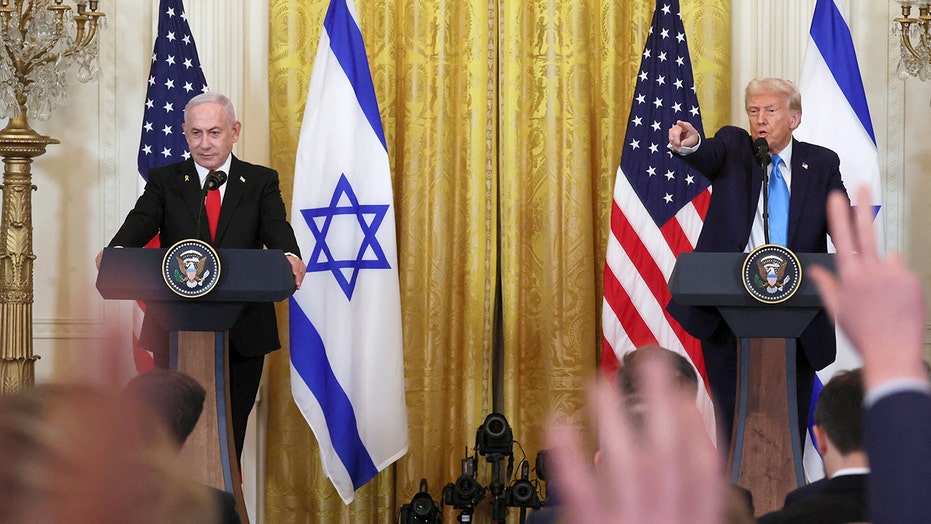




















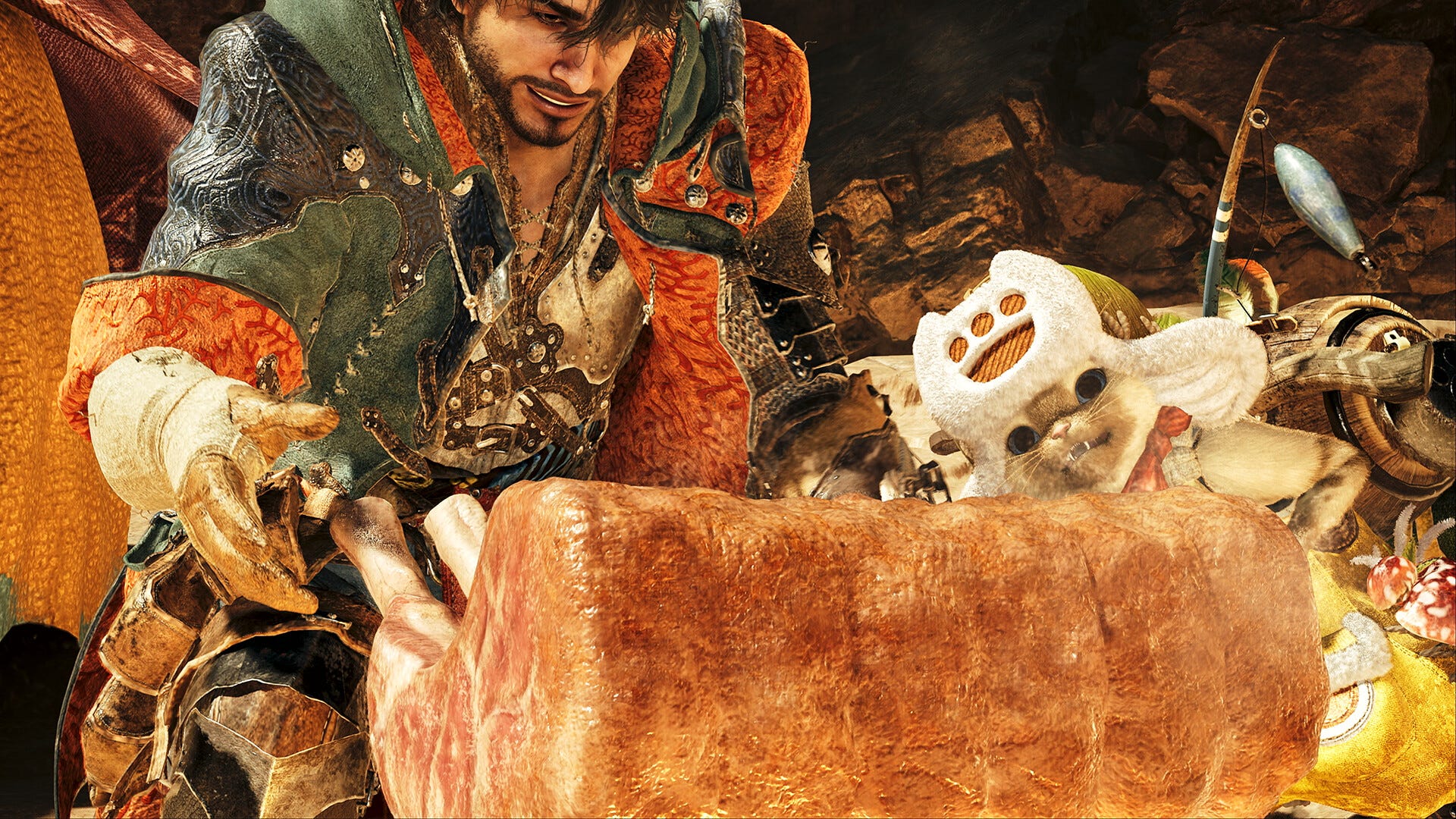



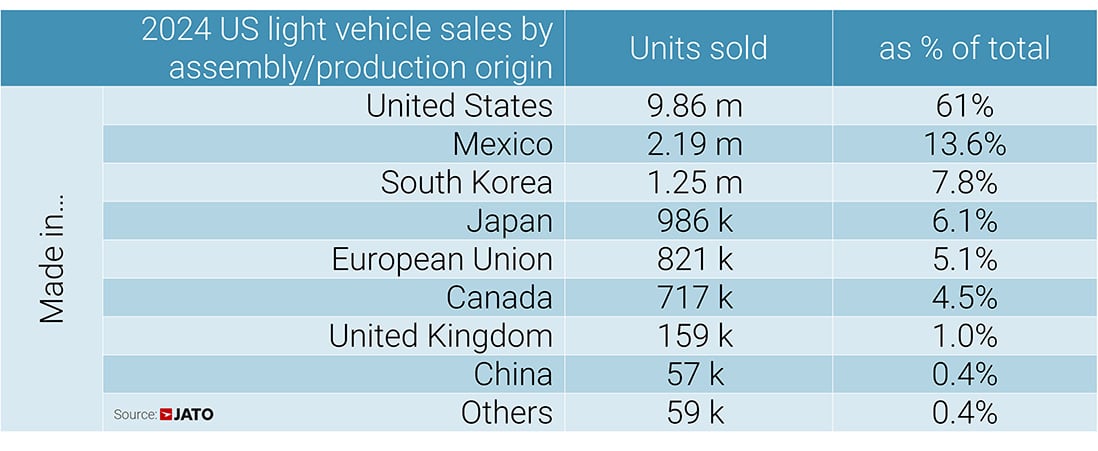











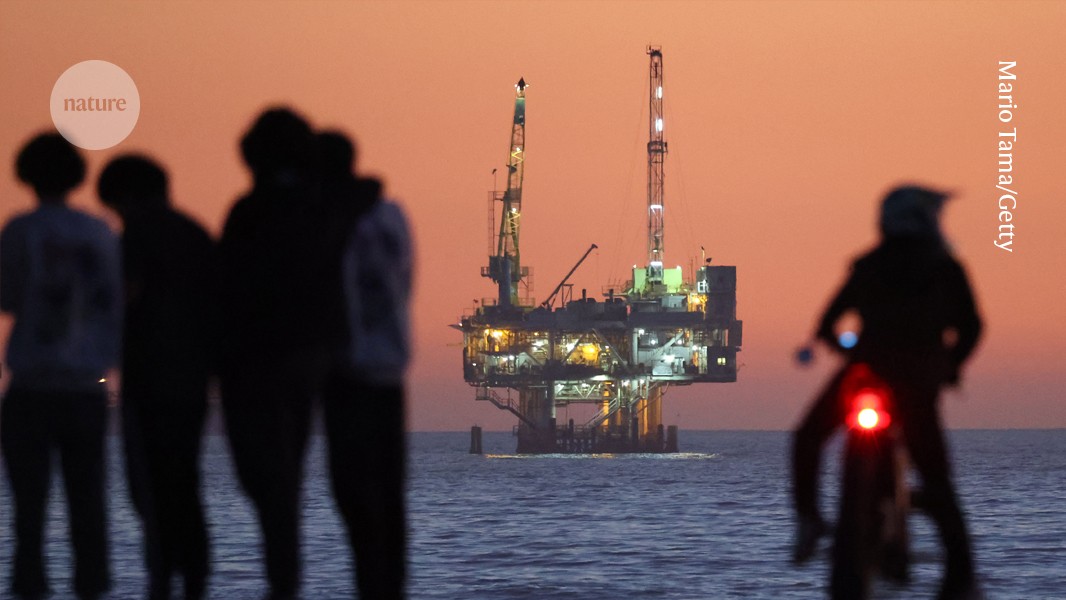
































![‘Touch Me’ Review – Psychosexual Sci-Fi Horror Explores Mental Health with Camp Humor [Sundance]](https://bloody-disgusting.com/wp-content/uploads/2024/12/Touch-Me.jpg)






